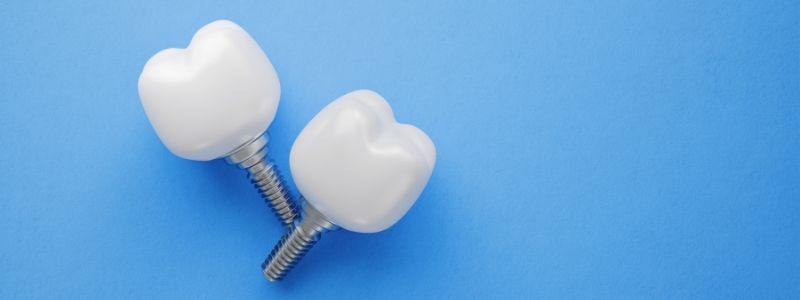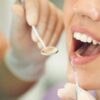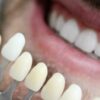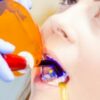Yes, gums can grow back to the gums. Only when the gum returns to the tooth implant, the implant will be revealed instead of the dental root. Chewing gum and dental implants can result in side effects, making the patient unwell, and even leading to implant failure. Your nausea may start between the time you implant your tooth and the time you get your permanent restoration. Treatment by dental implant usually takes a few months.
During this time, the implant will undergo a process of osteointegration and will be connected to your bone marrow. A custom crown, bridge, or prosthesis will be made while you wait. Dental implants and gum damage do not mix. Decorators for implant dentures have healthy gums and full bone density. Repetitive strain on the bone marrow reduces the chance of a tooth fall. Chewing gum deficiency is common in people with gum disease.
However, even those without gum disease can still develop gum damage due to whitening, brushing, or brushing of teeth or genes. Before brushing your dentist, your dentist will check your mouth to see if you have any symptoms of gum disease, including gum chewing gum. When you have gum chewing gum, you will want to consider whether your toothpaste will work. Talk to your dentist about dental implants and toothpaste if you have any concerns about the health of your gums.
Gum problems around implants
The bread next to the toothpick can back up like a toothpick. It is not uncommon that even if the gums are regenerated, the bone supporting the implant remains stable. Although its application can be sustainable, gum rejuvenation can cause serious problems. If the gum falls out, the metal below the top of the insert or post may be exposed, causing a decorative or functional problem. The presence of iron in the front of the mouth is a clear aesthetic problem.
In addition, if the gums return, the gap between the incisors, the teeth, and the surrounding teeth can open, leading to food cravings, causing irritation, inflammation, gum disease, or a dark triangular hole with a faint smile. Contributing to the development of cosmetic gum problems around implants are the gum bone in the implant, the height of the gum tissue around the adjacent teeth, and the number the bones at the top lips. While some cosmetic gum problems can be corrected by changing the implant crown, other problems require a thorough combination of surgery and restorative treatment.
The symptoms of peri-implant disease are similar to the symptoms of gum disease: red blood cells or soft gums around the penis, or bleeding when brushing. Like your natural teeth, the implant requires regular brushing and flossing, as well as regular check-ups by a dentist.
Other risk factors for developing peri-implant include the previous diagnosis of periodontal disease, poor control of plaque, smoking, and diabetes. Regular check-ups for dental implants are important as part of a full-time follow-up examination. The advantage of royalty is that they function like your normal tooth. The bad thing is that they can get sick like a normal king. With proper oral health care, your dental implants can last a long time.
How long does it take for gums to grow over implants?
Another problem that prevents some patients from receiving dental implant treatment is the loss or damage to healthy gum tissues. In many patients, this problem is experienced depending on the age factor or the fact that they are receiving bridge or prosthetic treatments. Another group of gum problems is those who are exposed to gum withdrawal due to poor oral hygiene, gum disease, or too aggressive brushing. In such cases, the gum tissues become more sensitive to pain, sensitivity and diseases that are pulled out of your teeth. There are effective treatment methods that will be the solution to gum disorders that prevent or delay treatment. A solution for transplanting your gum soft tissue in the same way, such as an augmentation procedure or a bone graft, can be applied. If your doctor chooses this procedure for you, the corresponding tissue is collected from another source and transplanted to the damaged areas. Thus, new gum tissue is integrated into the gums and restored to a healthy and strong state that can support implants.
References:
https://www.mckinneyperioimplant.com/implant-complications/
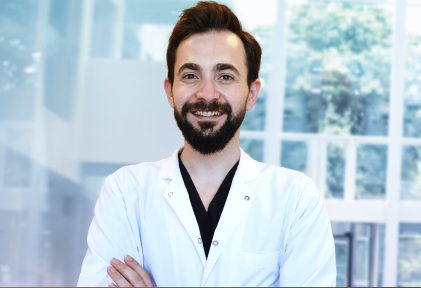

Dentist Yasin Yılmaz was born in 1994 in Kayseri. In 2017, he graduated from Hacettepe University Faculty of Dentistry with a successful degree. In 2017, he began working as a dentist and medical director at a private clinic. In September 2018, he joined Ersoy Hospital Dental Department team where he still works

